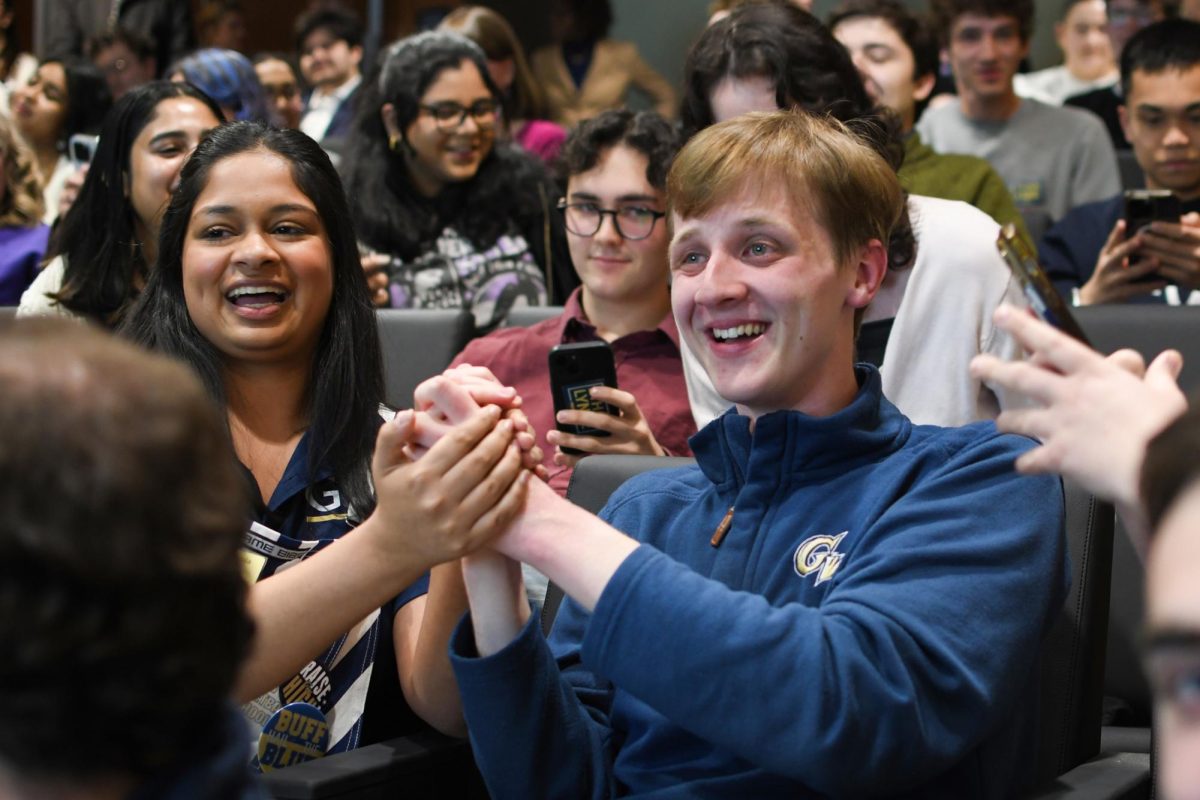The University has yet to hire a leader to oversee its multi-million dollar career services overhaul as it enters its second year.
Senior Associate Provost and Dean of Student Affairs Peter Konwerski said last spring that GW hoped to fill the post of assistant provost for career services by June, which is when GW ultimately began its search. Five months later, Konwerski said the search is still looking for new applicants and does not have a target date for the new hire.
“As with any personnel search, the length of the process can vary based on a number of factors. There is no standard template or timeline. Finding the right match is a complex matter with many variables to consider,” Konwerski said.
The search committee has conducted several rounds of initial interviews, and more candidates will visit campus for interviews over the next few weeks.
The new hire, who will be the first to oversee all of GW’s career offices, will help transition the University away from a major- or school-based format to an interest-based advising system.
“We have looked at some new candidates. We are waiting on some references. We are looking to do some more interviewing,” Konwerski said. “We are still in the process. We’re still continuing our search.”
Konwerski said despite the hiring delay, he and Executive Director of University Initiatives Robert Snyder have pushed forward other efforts this semester like a grants program for unpaid internships.
Vice Provost for Diversity and Inclusion Terri Harris Reed has advised the search committee, University spokeswoman Michelle Sherrard said, to ensure a diverse applicant pool.
Colleges have increasingly stressed career support as college costs and student debt mount.
Career adviser Jason Patel, who started working at the center this fall, said the stalled search hasn’t affected his day-to-day work, which consists of reviewing student resumes and providing interviewing tips. But he said the new director will have to focus on student outreach because too few students are aware of the changes at the center.
“People don’t know we’re here, but when they do come here, they see the difference. A lot of people come here, but it’s not enough,” Patel said.






